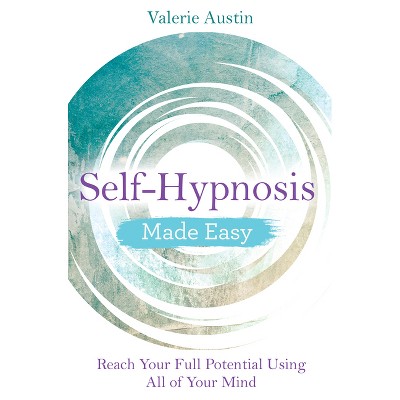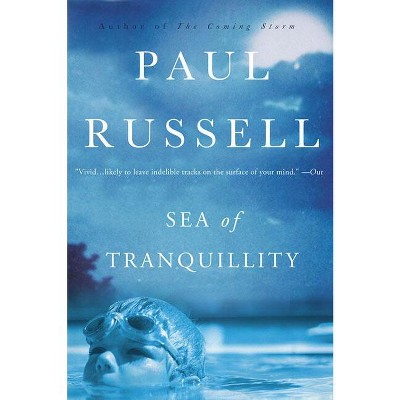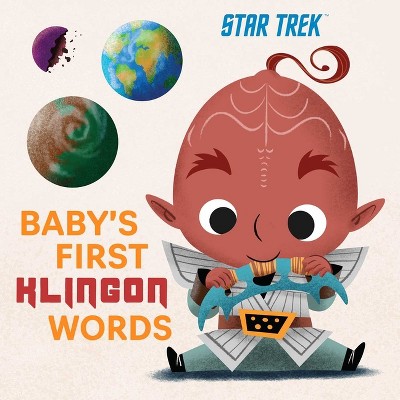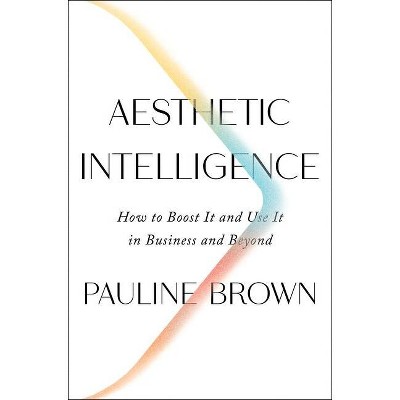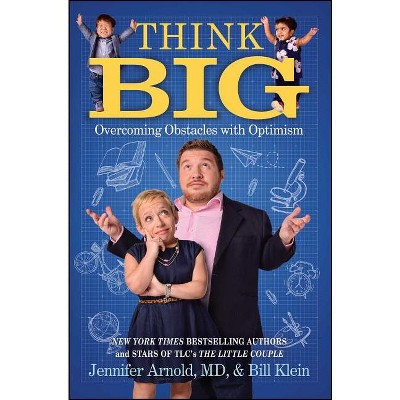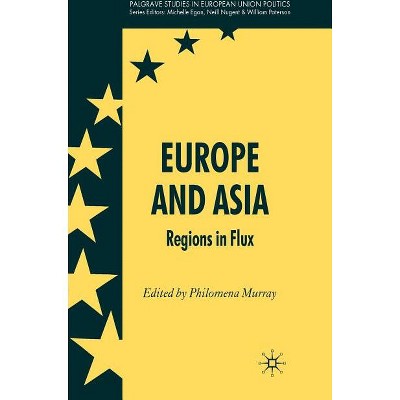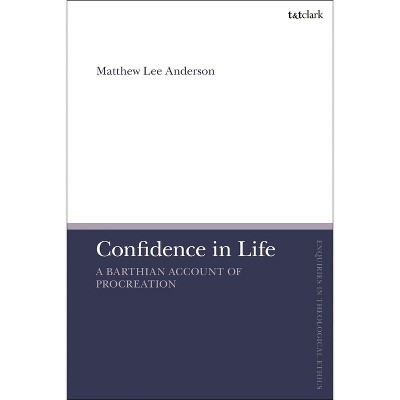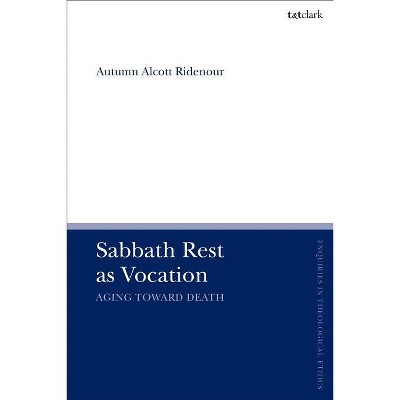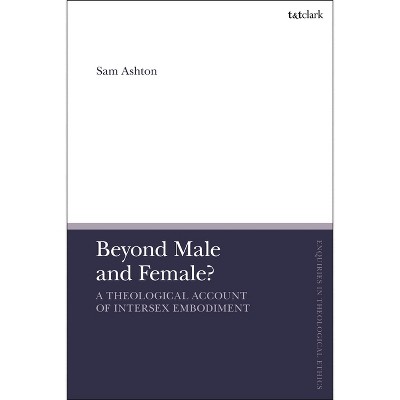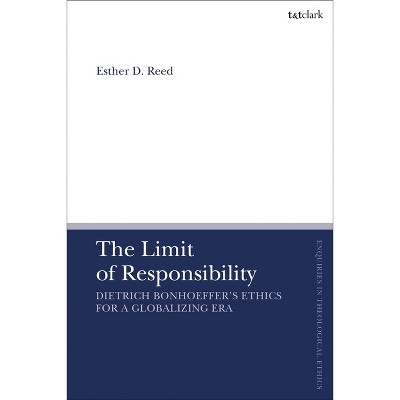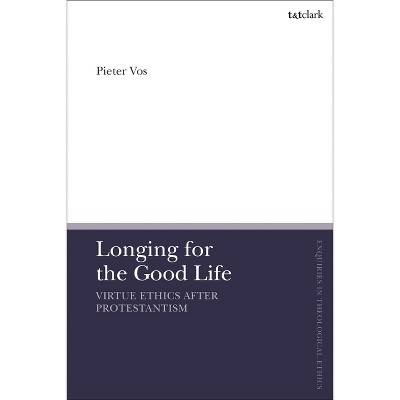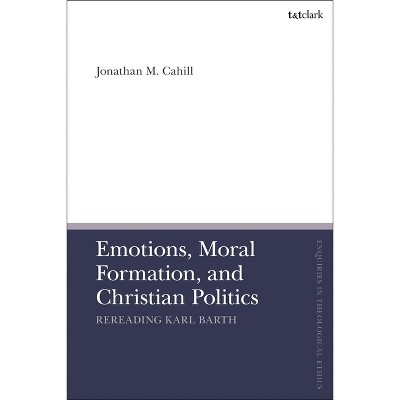Sponsored

Addiction and the Captive Will - (T&t Clark Enquiries in Theological Ethics) by Cynthia Geppert
$115.00
In Stock
Eligible for registries and wish lists
Sponsored
About this item
Highlights
- Twenty-first century neuroscience has discovered that in some severe cases, addiction may so constrain human freedom that the will is only able to choose to use substances of abuse.
- About the Author: Cynthia Geppert is Professor of Psychiatry & Internal Medicine and Director of Ethics Education at the University of New Mexico School of Medicine, USA.
- 280 Pages
- Religion + Beliefs, Theology
- Series Name: T&t Clark Enquiries in Theological Ethics
Description
About the Book
Presents a dialogue between the Augustine's Confessions and three modern neuroscientific models of addiction on the doctrine of the captivity of the will.Book Synopsis
Twenty-first century neuroscience has discovered that in some severe cases, addiction may so constrain human freedom that the will is only able to choose to use substances of abuse. At this advanced stage, substance use has become the primary driver of salience, co-optingand subsuming other moral priorities and human rewards. Scholars have investigated Aristotle's concept of akrasiaas an ancient mirror of this understanding and there have been some preliminary discussions of Augustine's concept of the divided will as it bears on addiction.
No detailed and comprehensive exploration of the work of Augustine has yet been undertaken as it relates to three contemporary models of addiction: the choice, learning, and brain disease models. Augustine's psychological awareness, his mastery of ancient theological and philosophical thinking, and his enormous and enduring influence on both Catholic and Protestant theology, make him an ideal subject for such research. This incisive book argues that Augustine's doctrine of the captive will offers a theological parallel of each of these contemporary models of addiction.
Review Quotes
Addiction mystifies all who experience or observe it. Anyone new to this field encounters a maelstrom of studies, models, and competing claims for what drives addiction, and for what its sufferers might need. Dr Geppert's extensive expertise in ethics, medicine, and theology guides us through this terrain by conversing modern theories of addiction with Augustine's theological anthropology. The result is highly readable, nuanced, and integrative. Her work interleaves the latest literature in the neuroscience and psychology of addiction, with a profound apprehension of the bottomless grace of God. She points sufferers and their helpers toward a new, yet also a very ancient, kind of hope.
Andrew Cameron, St Mark's National Theological Centre, Australia; Charles Sturt University, Australia
Augustine's sensitive portrayal of the nature and limits of his own agency in his Confessions makes him an illuminating dialogue partner in our own attempts to respond to addiction-especially when he is read in light of recent scholarship on his ideas about freedom. As she wrestles with the dilemma of how to hold addicts accountable without shaming them, Geppert's training in both psychology and theology are put to good use. This is the most scientifically well-informed theological discussion of addiction and human agency published in recent years, and a helpful introduction to key aspects of Augustine's thought.
Jesse Couenhoven, Villanova University, USA
Drawing on her professional experience in addiction medicine, Cynthia Geppert sets up an intensive and well-resourced dialogue between the neuroscience of addiction, Augustine's theological anthropology, and recent theological accounts of addiction. The result is a sophisticated and important contribution that advances the theological understanding of addiction, offers critical and constructive insights for scientists and clinicians, and suggests lessons for the churches' pastoral practice. Anyone wishing to understand and respond well to the human predicament of addiction should read this book.
Neil Messer, Baylor University, USA
About the Author
Cynthia Geppert is Professor of Psychiatry & Internal Medicine and Director of Ethics Education at the University of New Mexico School of Medicine, USA. She is also Adjunct Professor of Bioethics at Alden March Bioethics Institute, Albany Medical College, USA.Dimensions (Overall): 9.21 Inches (H) x 6.14 Inches (W) x .63 Inches (D)
Weight: 1.23 Pounds
Suggested Age: 22 Years and Up
Series Title: T&t Clark Enquiries in Theological Ethics
Sub-Genre: Theology
Genre: Religion + Beliefs
Number of Pages: 280
Publisher: T&T Clark
Format: Hardcover
Author: Cynthia Geppert
Language: English
Street Date: June 27, 2024
TCIN: 93903989
UPC: 9780567713520
Item Number (DPCI): 247-32-2627
Origin: Made in the USA or Imported
If the item details aren’t accurate or complete, we want to know about it.
Shipping details
Estimated ship dimensions: 0.63 inches length x 6.14 inches width x 9.21 inches height
Estimated ship weight: 1.23 pounds
We regret that this item cannot be shipped to PO Boxes.
This item cannot be shipped to the following locations: American Samoa (see also separate entry under AS), Guam (see also separate entry under GU), Northern Mariana Islands, Puerto Rico (see also separate entry under PR), United States Minor Outlying Islands, Virgin Islands, U.S., APO/FPO
Return details
This item can be returned to any Target store or Target.com.
This item must be returned within 90 days of the date it was purchased in store, shipped, delivered by a Shipt shopper, or made ready for pickup.
See the return policy for complete information.
